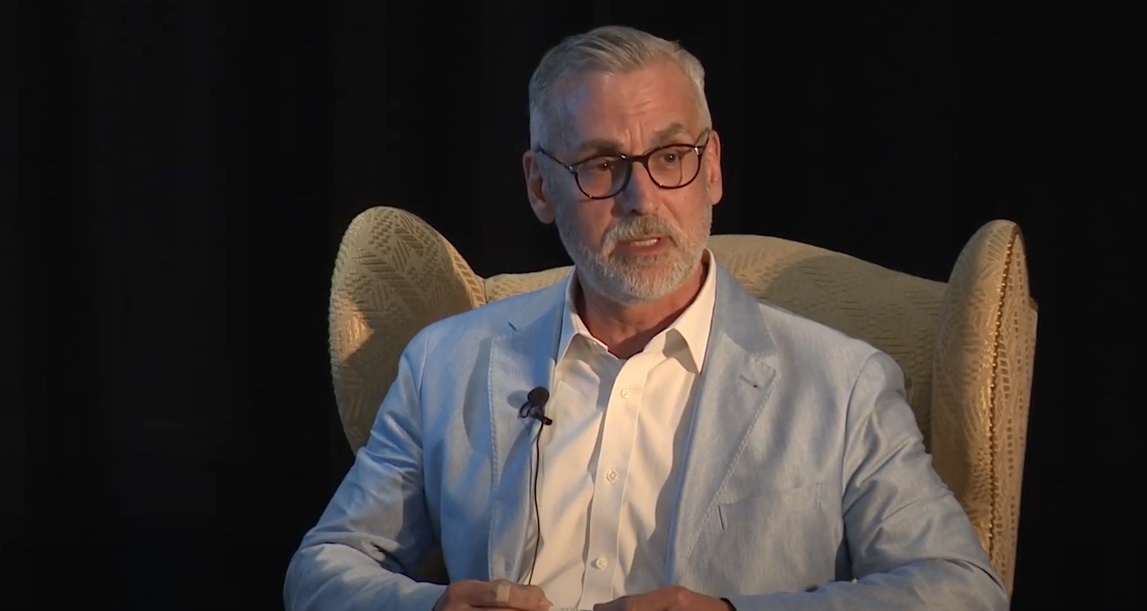Join Our Telegram channel to stay up to date on breaking news coverage
The chief legal officer at Ripple, Stuart Alderoty, has criticized the decision made by the US Securities and Exchange Commission (SEC) to classify XRP as a security. Alderoty also said that it was not a rare occurrence for the courts to rule against the regulator.
Ripple’s legal executive criticizes SEC
Alderoty posted a tweet on Saturday where he referred to a 1946 case where the US Supreme Court made a ruling against the SEC. The battle between Ripple and the SEC over the status of CRP as a commodity or security has been one of the most high-profile legal battles in the crypto industry.
In 1946, in its Sup Ct “Howey” brief, the SEC unsuccessfully argued that an investment in a “common enterprise” was unnecessary provided there was a “community of interest”. The SEC was wrong then and it is still wrong now. Common Interest ≠ Common Enterprise. pic.twitter.com/RvH50b6Yjv
— Stuart Alderoty (@s_alderoty) May 13, 2023
The SEC sued Ripple and its executives in December 2020, saying that XRP was an unregistered security. Ripple has since contested the claims made by the SEC. If XRP is deemed to be a security, Ripple will be culpable of breaching securities law by failing to register the token with the SEC.
There has been much talk about whether cryptocurrencies are securities over the years. The judgment made on the Ripple vs. SEC case will have implications for the entire cryptocurrency industry. The SEC Chair, Gary Gensler, has previously said that the only cryptocurrency that he did not view to be a commodity is Bitcoin.
The Ripple vs. SEC case has also forced some of the top crypto firms to create alliances against the SEC. For instance, the lawyers representing Coinbase and Ripple have held a meeting to discuss the best ways to navigate this lawsuit and XRP’s legal status. This case might soon provide the crypto community with a court decision to settle the case.
Thanks @iampaulgrewal — really appreciate you taking the time to chat with Ripple's team legal at our offsite! https://t.co/FUqFl00IxA
— Stuart Alderoty (@s_alderoty) May 3, 2023
XRP does not pass the Howey test
In his recent tweet, Alderoty referred to a 1946 case, SEC vs. W.J. Howey Co, where the courts ruled in favor of the Howey Company. At the time, the SEC said that Howey’s deal with buyers did not constitute an investment contract. The ruling has become the foundation used to determine whether any financial asset or contract should abide by securities law.
“The Revak case exposes yet another SEC sleight of hand. Without a “common” enterprise” it matters not whether “the fortunes of investors” are tied to the efforts of others. The Howey test is not “so easily satisfied,” Alderoty said.
Alderoty said that the Howey test largely depends upon the definition of a common enterprise. He said that in 1946, the SEC failed in its argument that investing in a common enterprise was not necessary if there was a “community of interest.” This argument was also supported by John Deaton.
Let’s not forget the SEC’s schizophrenic theory regarding what constitutes the common enterprise in the case. First, @Ripple was the common enterprise. Ripple forced them to concede #XRP holders receive no interest in Ripple whatsoever by owning #XRP. So what did the SEC do? https://t.co/zPB7uVewOB
— John E Deaton (@JohnEDeaton1) May 14, 2023
In the case of Ripple, the community of interest is anyone that purchases XRP. Most people buy the token anticipating a price increase. However, Ripple has not provided any guarantees that the investors will make a profit, and according to Alderoty, it meant there was no common enterprise. According to Alderoty, the SEC was wrong in the 1945 case, and it was also wrong now.
Related
- Ripple (XRP) Price Analysis
- XRP still Struggles Despite an Increase in Network Activities
- XRP – Will Ripple Recover From The Dip Shortly?
Best Wallet - Diversify Your Crypto Portfolio
- Easy to Use, Feature-Driven Crypto Wallet
- Get Early Access to Upcoming Token ICOs
- Multi-Chain, Multi-Wallet, Non-Custodial
- Now On App Store, Google Play
- Stake To Earn Native Token $BEST
- 250,000+ Monthly Active Users
Join Our Telegram channel to stay up to date on breaking news coverage


